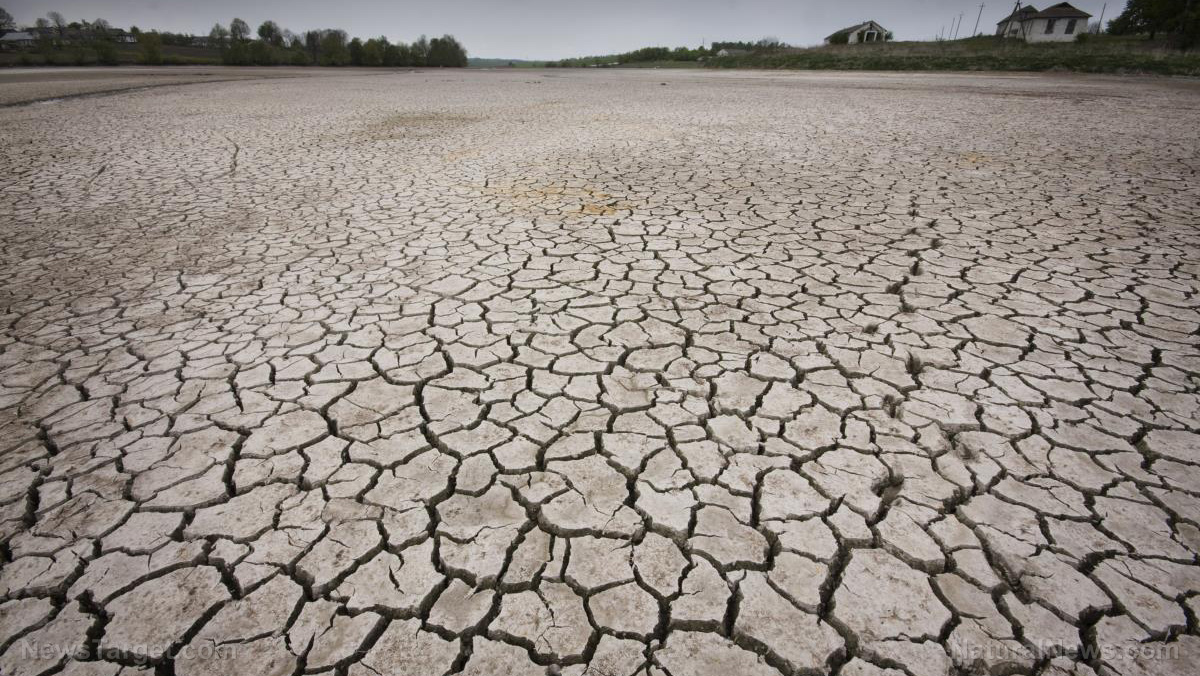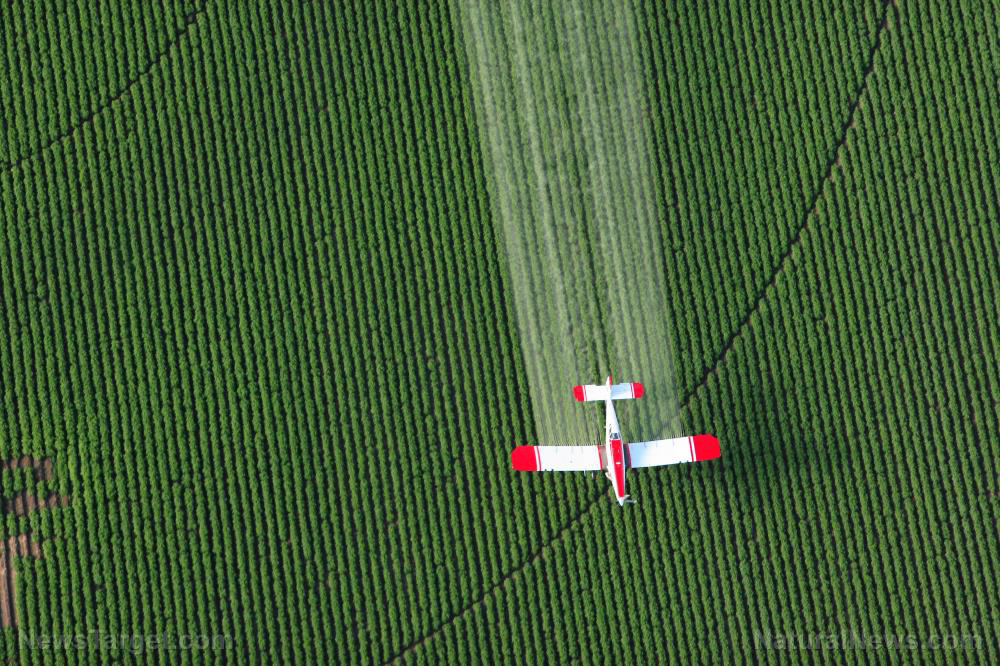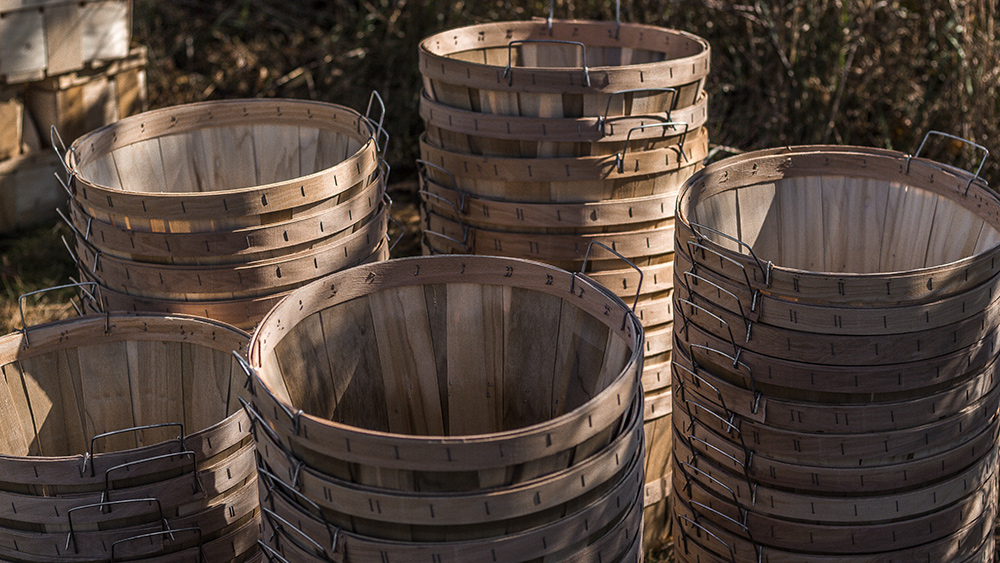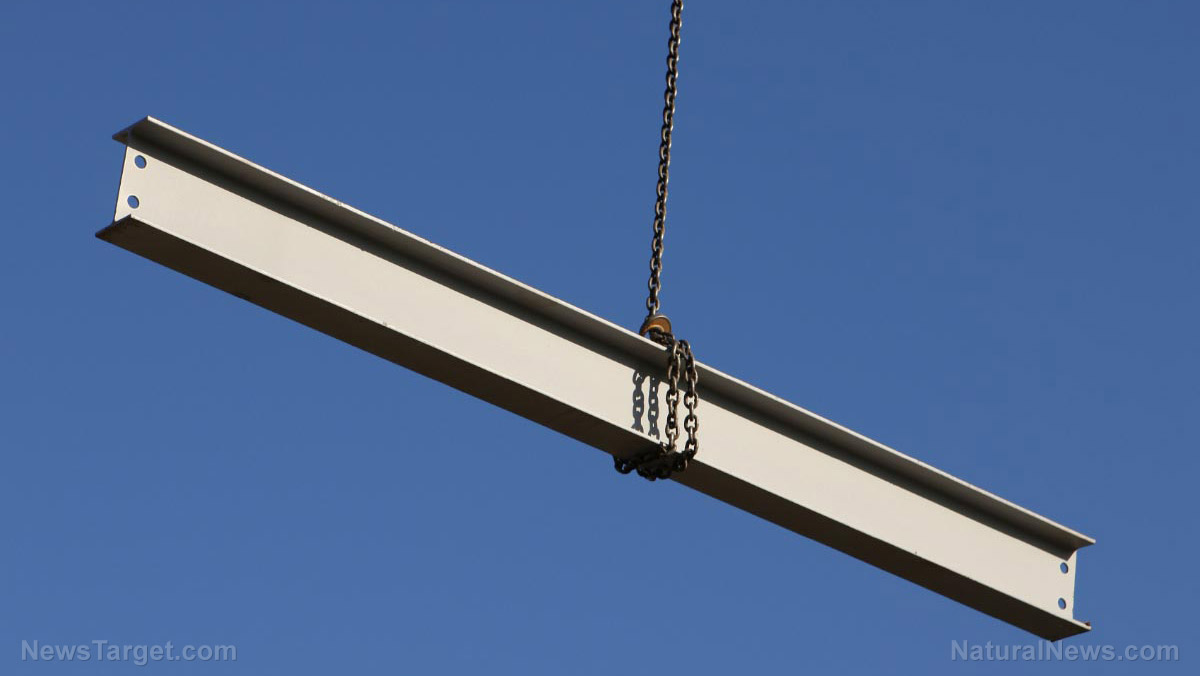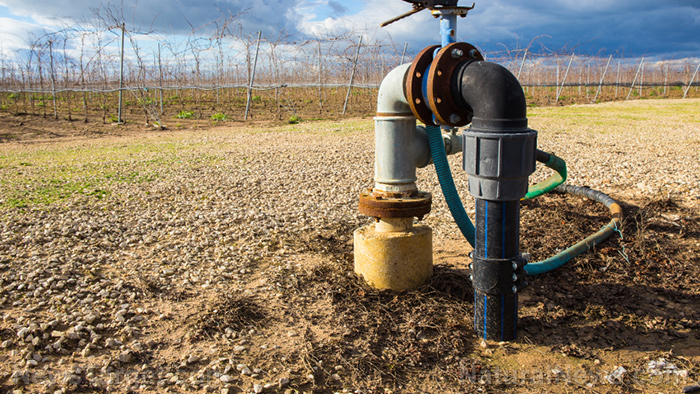Rising demand for edible insects amid lack of industry regulations could lead to “biological invasions”
12/11/2020 / By Divina Ramirez
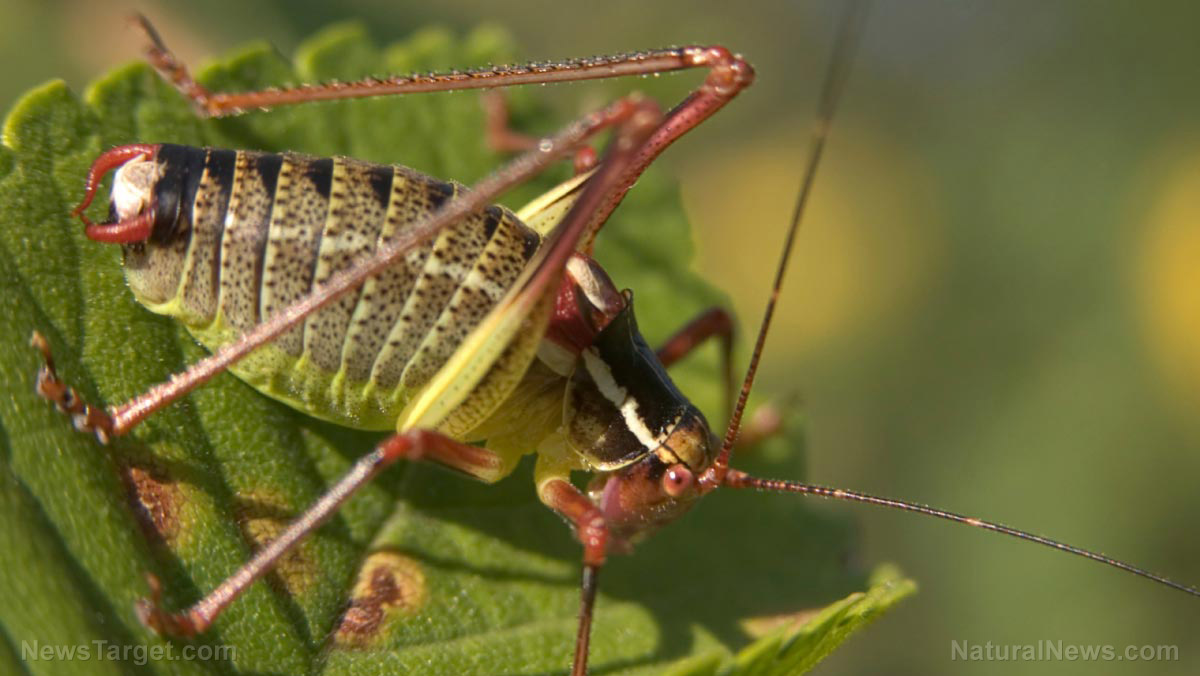
Cheap, nutritious and sustainable, edible insects are fast becoming a popular food source worldwide. However, the burgeoning insect industry is inadequately regulated. In fact, several edible insects are already regarded as invasive pests.
It is this lack of regulation that heightens the risk of invasive insect species being accidentally released into the wild, where they might compete with native insect species for resources and upset local ecosystems.
These invasive insects could even end up spreading diseases, cautioned ecologists Alok Bang and Frank Courchamp of the Indian Institute of Science Education and Research and the Paris-Saclay University, respectively.
Edible insect industry lacks regulations
Edible insects are rich in protein, amino acids and essential micronutrients. Compared to conventional animal husbandry, breeding insects is also a less labor-intensive process for both insects and breeders.
That is because insects grow and reproduce at a much faster rate than livestock, consuming fewer resources in the process. Insects also have a lower carbon footprint.
For these reasons, insects are often touted as a sustainable food source. The insect industry, which is currently worth £297 million, is projected to be worth twice or thrice that amount over the next five years.
Experts estimate that more than two billion people worldwide eat about 1,000–2,000 insect species as part of their regular diets.
However, as Bang and Courchamp pointed out, the edible insect industry is grossly lacking regulations. These regulations would ideally make breeders accountable for insects accidentally escaping farms or, in some cases, being released on purpose into the wild, where they can cause environmental and economic damage.
In fact, reports of insects escaping from farms into the surrounding areas are common in South and Southeast Asia. Researchers of a 2012 study also reported that unwanted or diseased stocks of edible insects are released into the environment instead of being disposed of properly.
Insect species being bred and sold are also often non-native, while most farms are ill-equipped to hold various insect species, wrote the duo in their paper on the subject, which was published recently in Ecology Letters.
Most insect farms also operate in places that have neither regional nor national pre- and post-entry guidelines. These places also tend to have no protocols in place for addressing cases where insects have escaped farms.
Taken together, the unregulated transport, trade and breeding of edible insect species could lead to “biological invasions” for the same reasons insects are a sustainable food source in the first place. For example, since they can grow and breed at a fast rate, it only takes a few insects to establish a population in any given area. Insects are also able to survive on very limited resources regardless of climate changes and fluctuations.
In addition, insects have generalist feeding and nesting habits, meaning they can survive in nearly any habitat and on different food sources.
Overall, these characteristics could make insects “successful and problematic invasive species,” said Bang and Courchamp.
Potential hazards of eating insects
Insects as a food source have their merits. For starters, their protein-to-fat ratio is better than that of poultry, pork and beef. Insects are also cheaper because few resources are needed to breed them.
However, edible insects as a food source also have their disadvantages. One major con to eating insects is the fact that scientists know very little about their potential effects on the human body.
Some studies have shown that insects can trigger adverse reactions, much like allergens in seafood. They can also be carriers of infection-causing bacteria since they feed on decaying plant, animal and human matter.
The exoskeleton of insects also contains “anti-nutrients” that affect how the human body absorbs and breaks down protein. In addition, there are very few studies on the use of pesticides in the raising of insects for food. (Related: Crickets are now being farmed in Kenya as a food source for humans.)
Learn more about the pros and cons of insects as a sustainable food source at FoodSupply.news.
Sources include:
Submit a correction >>
Tagged Under:
edible insects, environment, food independence, food safety, food supply, insects
This article may contain statements that reflect the opinion of the author
RECENT NEWS & ARTICLES
COPYRIGHT © 2017 ENVIRON NEWS










